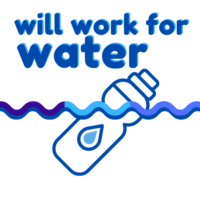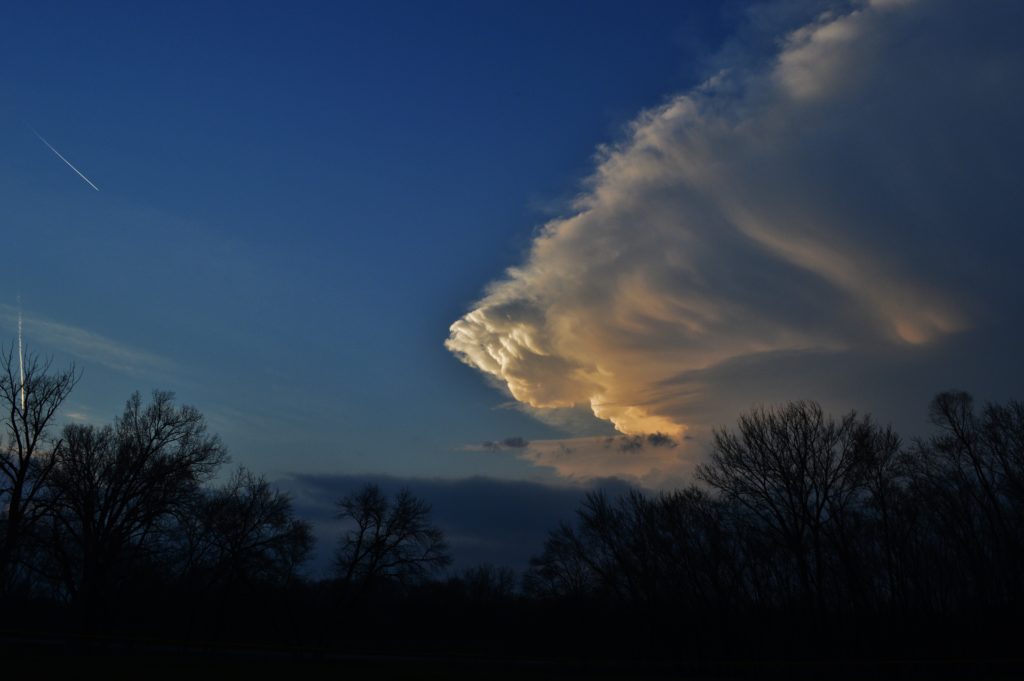Title: Simple Changes You Can Make to Conserve Water at Home
Hey there! Are you concerned about your water usage and want to make a difference? Well, in this article, we’ll be talking about some simple changes you can make in your household to conserve water.
Water conservation is becoming increasingly important as fresh, clean water is a limited resource and can be quite costly. With America’s population doubling in the last 50 years, the demand for water has skyrocketed. But don’t worry, because there are small yet effective changes you can make in your daily routine to reduce unnecessary water usage.
In the following paragraphs, we’ll explore various tips such as using a brick in the toilet tank, adjusting laundry settings, opting for low-flow showerheads, and repairing leaks. We’ll also discuss how defrosting food in the fridge and managing outdoor water use can help save water. Plus, we’ll touch upon the benefits of running full cycles in dishwashers and washing machines, as well as the advantages of showers over baths. So, get ready to learn more about water conservation and discover additional resources for even more handy tips!
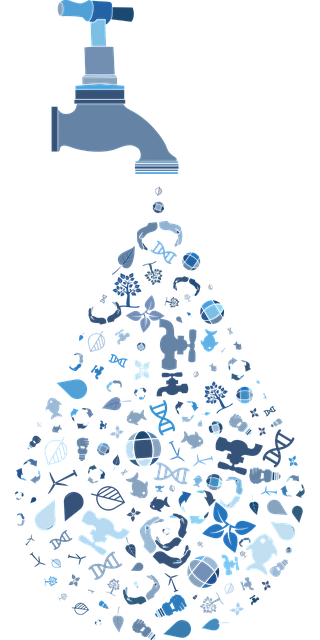
This image is property of pixabay.com.
The Importance of Water Conservation
Water conservation is the practice of using water efficiently to reduce unnecessary water usage. It is a critical action that individuals can take to help preserve and protect our planet’s most valuable resource. Fresh clean water is a limited resource, and its availability is becoming increasingly scarce due to factors such as climate change and pollution. Therefore, it is essential for all of us to take responsibility for our water usage and make conscious efforts to conserve it.
Water Conservation and Its Significance
Water conservation is significant for several reasons. Firstly, water is essential for all forms of life. It sustains ecosystems, provides hydration for humans and animals, and supports agricultural practices. By conserving water, we help ensure that there is enough water available for these vital purposes.
Secondly, the availability of clean water is limited. Although about 70% of the Earth’s surface is covered in water, only a small percentage of that is freshwater that can be used for drinking, cooking, and washing. Moreover, much of this freshwater is inaccessible, trapped in glaciers and underground aquifers. Therefore, it is crucial to use water efficiently and not waste this precious resource.
Lastly, water conservation is also important for economic reasons. Treating and providing clean water to households and industries is costly. By conserving water, we not only save money on our individual water bills but also reduce the strain on water treatment and delivery systems, thus saving resources and lowering costs for society as a whole.
The Limited Availability of Clean Water
While water covers a significant portion of our planet, the amount of freshwater available for human consumption is alarmingly small. Approximately 97% of the Earth’s water is saltwater, and most of the remaining 3% is trapped in inaccessible forms, such as ice or permafrost. This means that less than 1% of the world’s water is readily available for human use.
Furthermore, freshwater sources such as lakes, rivers, and underground aquifers are vulnerable to pollution and depletion. Industries, agriculture, and urban development all contribute to the contamination and overuse of these water sources. As a result, the availability of clean, drinkable water is decreasing in many parts of the world, leading to an urgent need for water conservation.
Increased Demand for Water Due to Population Growth
As the global population continues to grow, the demand for water increases. In the United States alone, the population has doubled in the last 50 years, putting significant pressure on water supplies. The increasing population means more households, more industries, and more agriculture, all of which require water for various purposes.
This escalating demand for water can strain natural water sources, causing them to deplete faster than they can naturally replenish. Additionally, population growth also leads to urbanization and expansion, which further exacerbate the need for water. These factors highlight the importance of adopting water conservation measures to ensure that future generations have access to clean water.
Simple Changes for Household Water Usage
Water conservation begins at home, and there are several simple changes that individuals can make to reduce their water usage. Implementing these changes not only helps to conserve water but also saves money on water bills.
Introduction to Household Water Conservation
Before delving into specific tips, it is important to understand the significance of household water conservation. On average, each person uses around 80-100 gallons of water per day in their home. By making conscious choices to conserve water, individuals can significantly reduce this consumption and contribute to water conservation efforts.
Using a Brick in the Toilet Tank
One easy and effective method of reducing water usage in the bathroom is by placing a brick or a water-filled plastic bottle in the toilet tank. This displaces some of the water and reduces the amount used with each flush. This simple trick can save hundreds of gallons of water per month.
Adjusting Laundry Settings
When doing laundry, adjusting the settings to use less water can make a big difference. Most modern washing machines offer various water level options, allowing users to select the appropriate amount of water for each load. Choosing the appropriate water level based on the amount of laundry being washed can help conserve water.
Choosing a Low-Flow Showerhead
Another effective method of reducing water usage is by installing a low-flow showerhead. These showerheads use less water per minute without compromising on water pressure. By switching to a low-flow showerhead, individuals can save gallons of water with each shower, ultimately making a significant impact on water conservation.
Repairing Leaks
Leaky faucets and pipes can waste a significant amount of water over time. Therefore, it is crucial to promptly fix any leaks in the household. Regularly checking faucets, pipes, and toilets for leaks and repairing them can help conserve water and prevent unnecessary water wastage.
Using a Dishwasher Instead of Hand Washing
Contrary to popular belief, using a dishwasher can be more water efficient than hand washing dishes. Modern dishwashers are designed to use a specific amount of water for each cycle, ensuring that water is used efficiently. Therefore, using a dishwasher for full loads can save water compared to hand washing, which often involves continuously running the faucet.
Turning off the Water While Brushing Teeth
Brushing teeth is a daily activity that often leads to unnecessary water wastage. Leaving the tap running while brushing teeth can waste gallons of water per minute. By simply turning off the tap while brushing, individuals can save a significant amount of water over time.
Defrosting Food in the Fridge
When it comes to defrosting frozen food, many people tend to use running water. However, a more water-conserving method is to plan ahead and defrost the food in the fridge overnight. This not only saves water but also ensures that the food is defrosted safely.
Managing Outdoor Water Use
Outdoor water use, such as watering gardens and lawns, also contributes to overall water consumption. To optimize outdoor water usage, individuals can adopt practices such as watering plants early in the morning or late in the evening when evaporation rates are lower. Additionally, using mulch in gardens can help retain moisture and reduce the need for excessive watering.
Running Full Cycles in Dishwashers and Washing Machines
When using appliances such as dishwashers and washing machines, it is essential to run them with full loads. Running these appliances with partial loads wastes water and energy. By waiting until the dishwasher or washing machine is full before running a cycle, individuals can maximize water efficiency and conserve water.
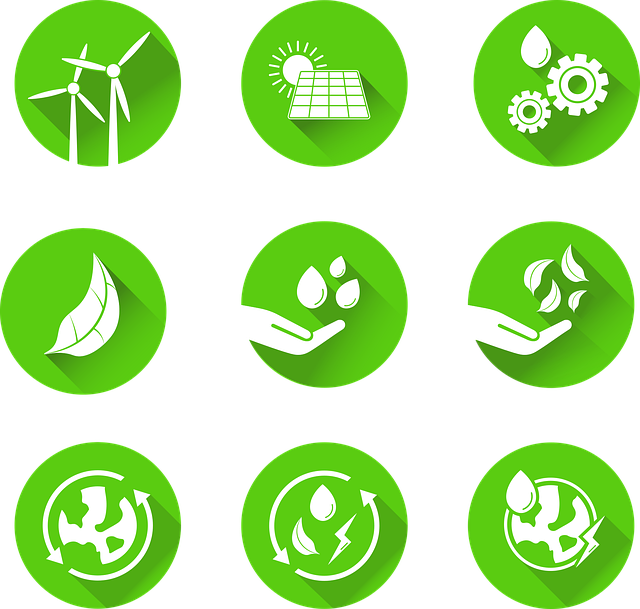
This image is property of pixabay.com.
Water Conservation in Daily Activities
In addition to implementing changes within the household, there are various ways to conserve water in daily activities.
Benefits of Showers over Baths
When it comes to personal hygiene, showers are a more water-efficient option than baths. On average, a shower uses less water than filling up a bathtub. Therefore, opting for showers instead of baths can help reduce water consumption.
Conserving Water While Bathing
For individuals who prefer baths or have limited access to showers, there are still ways to conserve water. One method is to fill the bathtub with only the amount of water needed, rather than filling it to the top. Additionally, individuals can reuse bathwater for secondary purposes such as flushing toilets or watering plants.
Limitations on Water Usage in Daily Activities
Being mindful of water usage in daily activities can significantly contribute to conservation efforts. For example, limiting the time spent in the shower, turning off the tap while lathering soap or shampoo, and using a cup instead of letting the tap run while brushing teeth are all simple but effective ways to conserve water.
Additional Tips for Water Conservation
In addition to the aforementioned changes, there are other methods individuals can adopt to save water.
Other Methods of Saving Water
Installing faucet aerators, which reduce the flow of water from taps without compromising water pressure, is an effective way to reduce water usage. Additionally, collecting rainwater in barrels for purposes such as watering plants or cleaning can help reduce the reliance on treated water.
Utilizing Greywater for Non-Potable Uses
Greywater refers to water from sources such as bathroom sinks, showers, and laundry machines that can be reused for non-potable purposes. By collecting, treating, and reusing greywater, individuals can significantly reduce their overall water consumption.
Landscaping Techniques for Water Conservation
Proper landscaping techniques can also contribute to water conservation efforts. By planting native and drought-resistant plants, creating rain gardens, and using mulch, individuals can minimize water usage in their outdoor spaces. Additionally, utilizing efficient irrigation systems such as drip irrigation can help reduce water wastage.
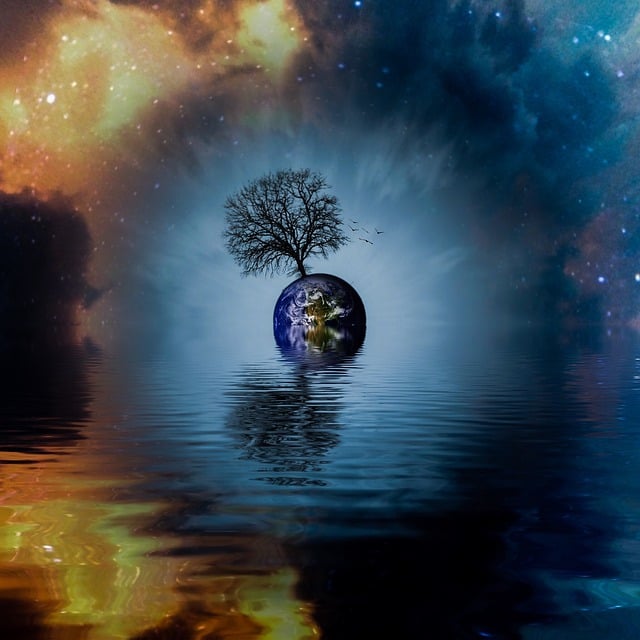
This image is property of pixabay.com.
Educational Resources on Water Conservation
For individuals seeking further guidance and information on water conservation, there are various educational resources available.
Websites and Online Platforms for Water Conservation Tips
Numerous websites and online platforms provide helpful tips, information, and resources on water conservation. These online resources offer practical advice and suggestions on how individuals can conserve water in their daily lives. Some reputable websites include the Environmental Protection Agency’s WaterSense website and the American Water Works Association’s “DrinkTap” website.
Educational Programs and Initiatives for Water Conservation
Many organizations and community initiatives offer educational programs focused on water conservation. These programs aim to raise awareness about the importance of water conservation and provide individuals with the knowledge and tools to conserve water effectively. Local water agencies, environmental organizations, and schools often provide educational resources and workshops on water conservation.
Books and Publications on Water Conservation
There are several books and publications available that delve deeper into the subject of water conservation. These resources provide comprehensive information on water usage, conservation techniques, and the global water crisis. Some recommended books include “Water: The Epic Struggle for Wealth, Power, and Civilization” by Steven Solomon and “The Big Thirst: The Secret Life and Turbulent Future of Water” by Charles Fishman.
Conclusion
Water conservation is a crucial practice that everyone should adopt. By making simple changes in our households, such as using a brick in the toilet tank or choosing low-flow showerheads, we can significantly reduce our water usage. Other methods, such as repairing leaks and running full cycles in dishwashers and washing machines, further contribute to water conservation efforts.
In daily activities, opting for showers over baths and being mindful of water usage are additional ways to conserve water. Implementing these changes not only helps preserve our planet’s limited clean water resources but also reduces our water bills and contributes to a more sustainable future.
For those seeking more information and resources on water conservation, various websites, educational programs, and books are available. These resources provide valuable tips, guidance, and insights into how individuals can further their water conservation efforts.
By adopting water-saving practices and encouraging others to do the same, we can make a significant impact on water conservation. It is our responsibility to preserve and protect this invaluable resource for future generations. Together, we can ensure a sustainable and water-scarce future.
